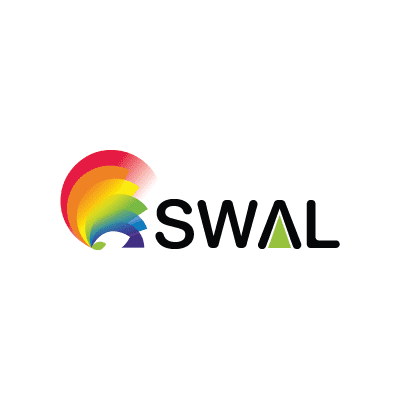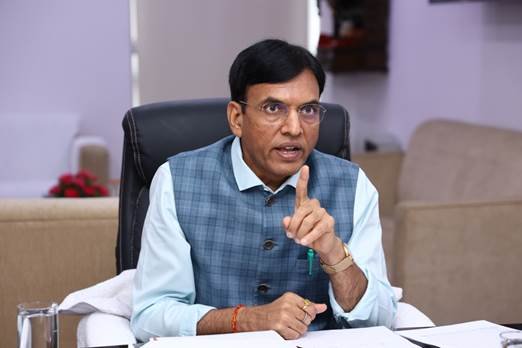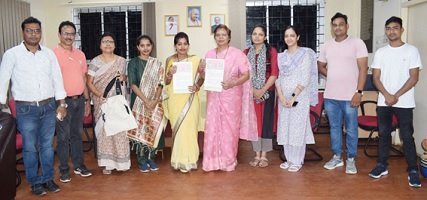Toyota grows strawberries and cherry tomatoes at production plants
Toyota set up an experimental greenhouse in April 2022 at its Kamigo Plant to grow strawberries and at its Myochi plant to grow tomatoes
Toyota has taken a unique approach to sustainability by implementing initiatives in its factories to cultivate strawberries and cherry tomatoes using heat and CO2 waste, in addition to focusing on electric vehicles to reduce greenhouse gas emissions.
Toyota has set up an experimental greenhouse in April 2022 at its Kamigo Plant to grow strawberries and at its Myochi plant to grow tomatoes as a way to tackle the negative environmental impact of excess heat and CO2.
Toyota’s planters are built on sliders, maximising available space and increasing yield by 1.5 times compared to a similarly sized field. The design eliminates wasted space between planters and allows growers to create aisles when and where needed.
Farmers need not worry about Toyota meddling in their business. Toyota serves strawberries and cherry tomatoes grown in its factories for free in its cafeterias. The company aims to use its expertise to help farmers build efficient agricultural systems, says Hiroshi Okajima, Toyota Project General Manager, R&D and Engineering Management Division.
Toyota uses pink LEDs to grow fruit without the green tint, which isn’t necessary for photosynthesis.
Automakers can pursue eco-friendly practices by repurposing waste and using recycled materials in vehicle manufacturing, including fishing nets and plastics. They could also explore agricultural initiatives.
Toyota set up an experimental greenhouse in














